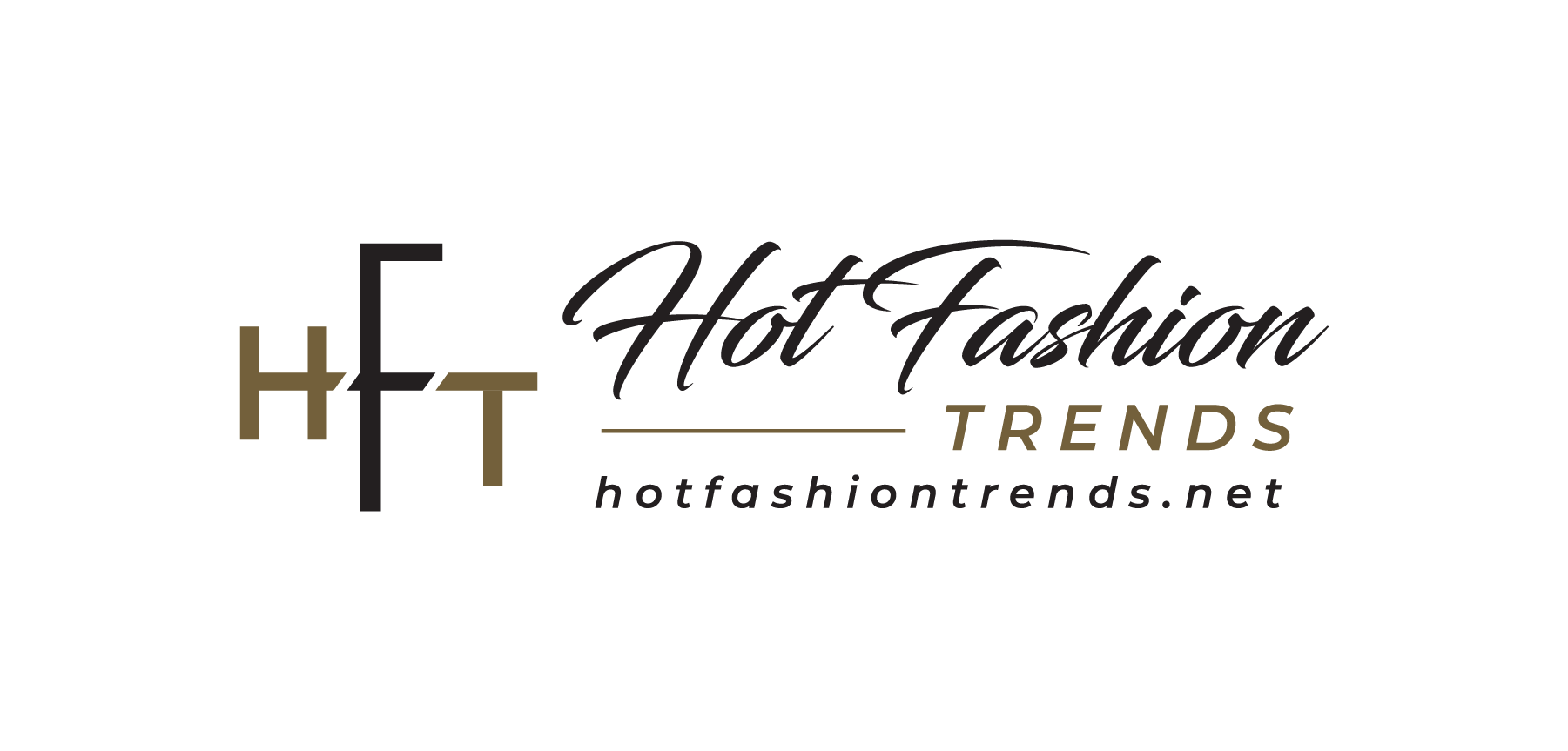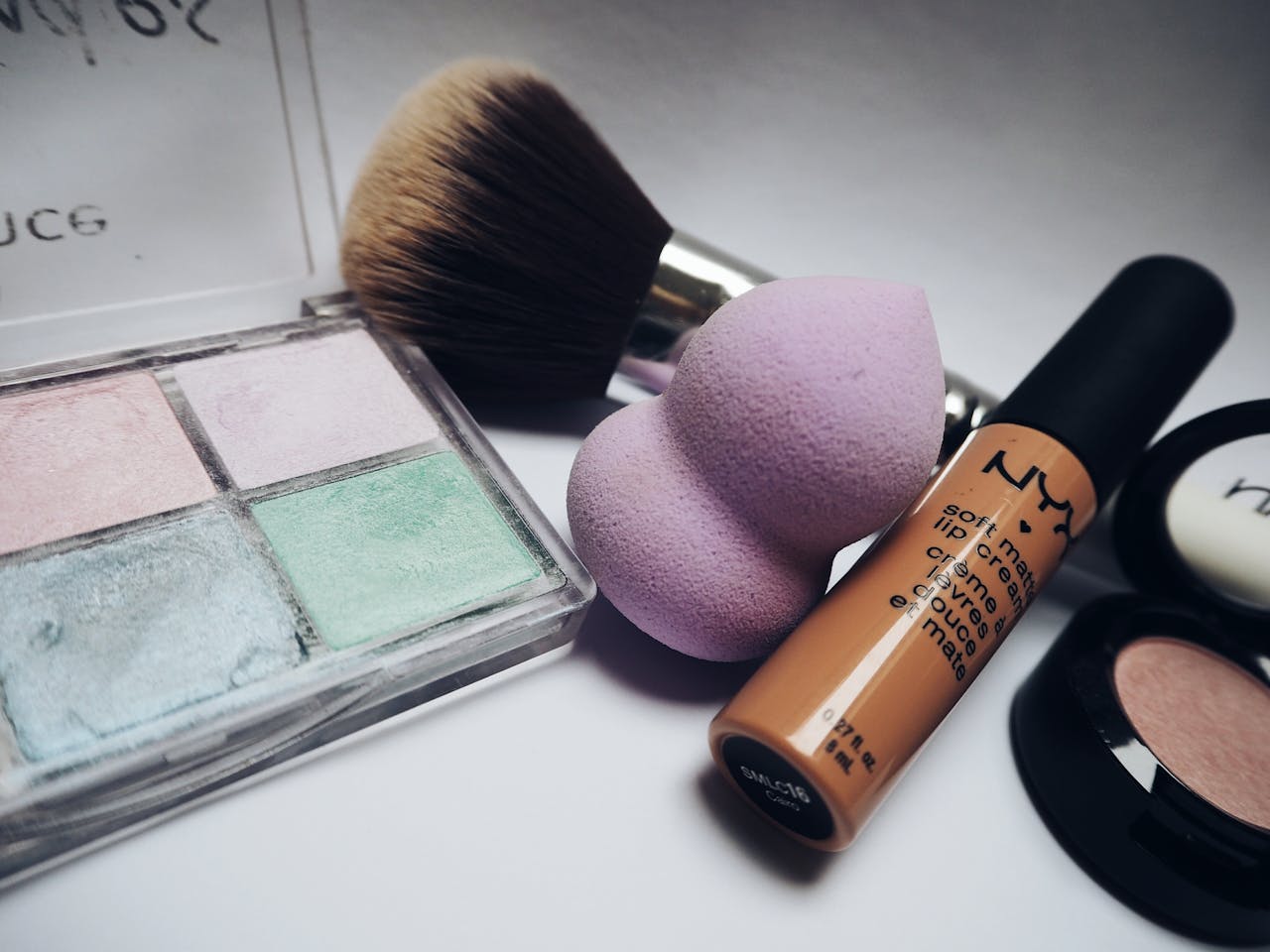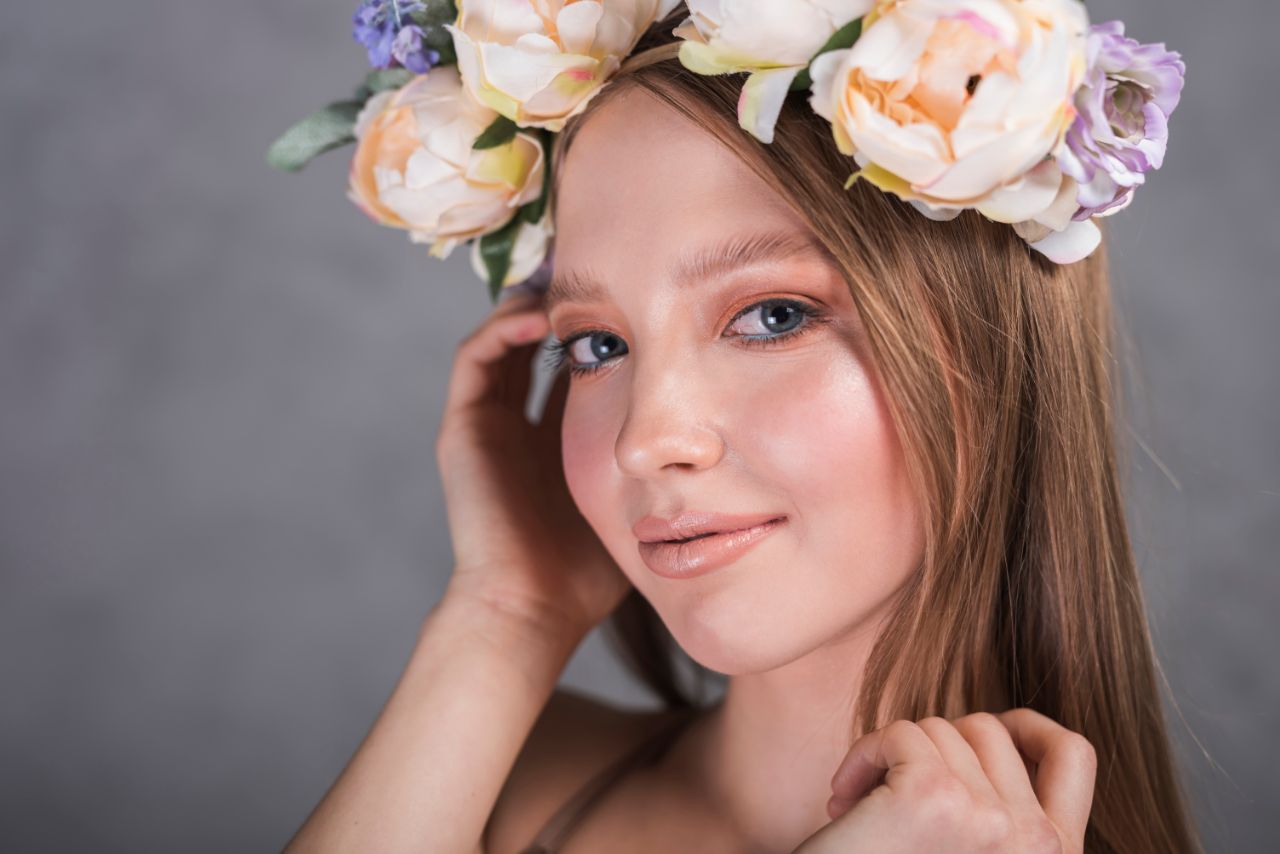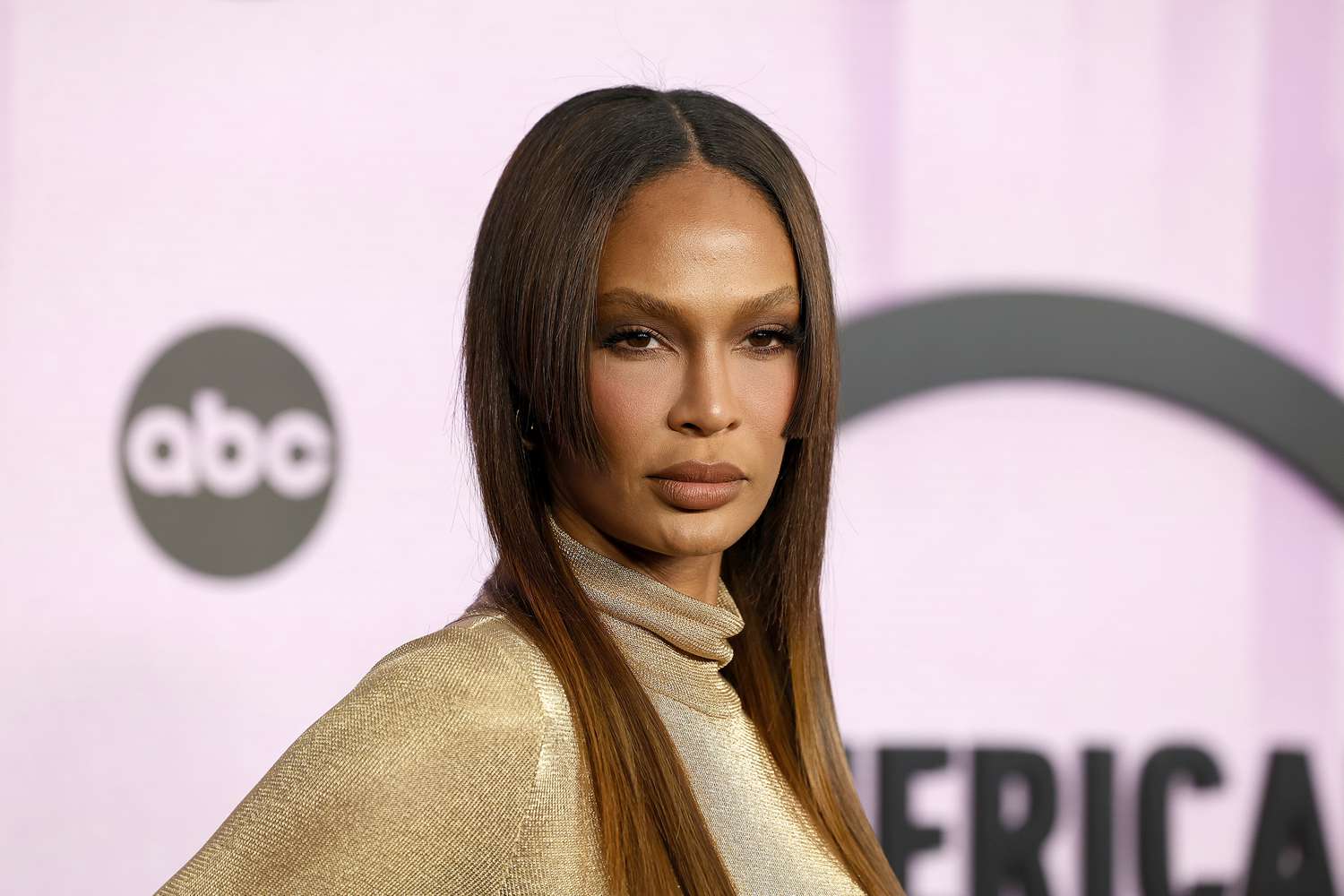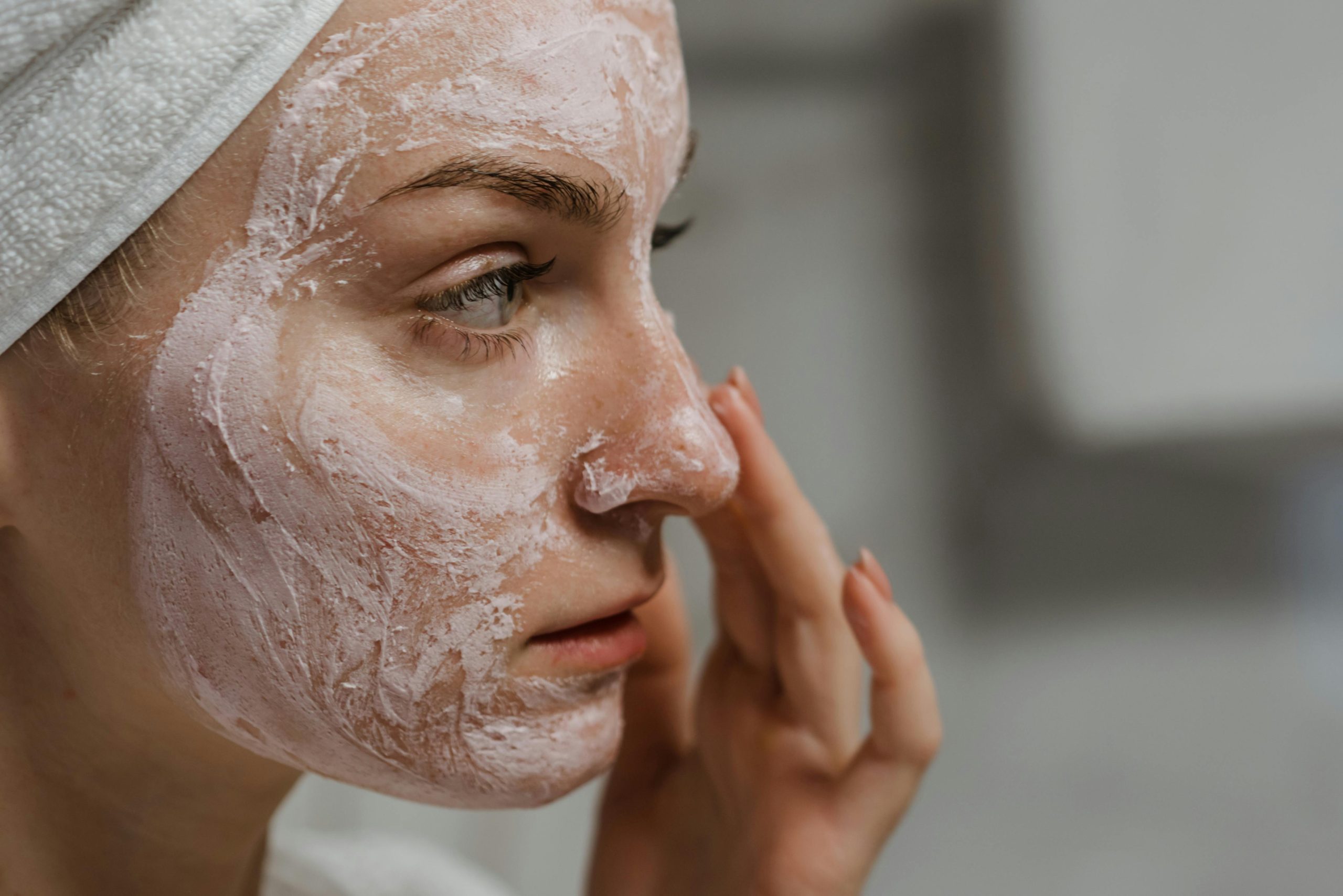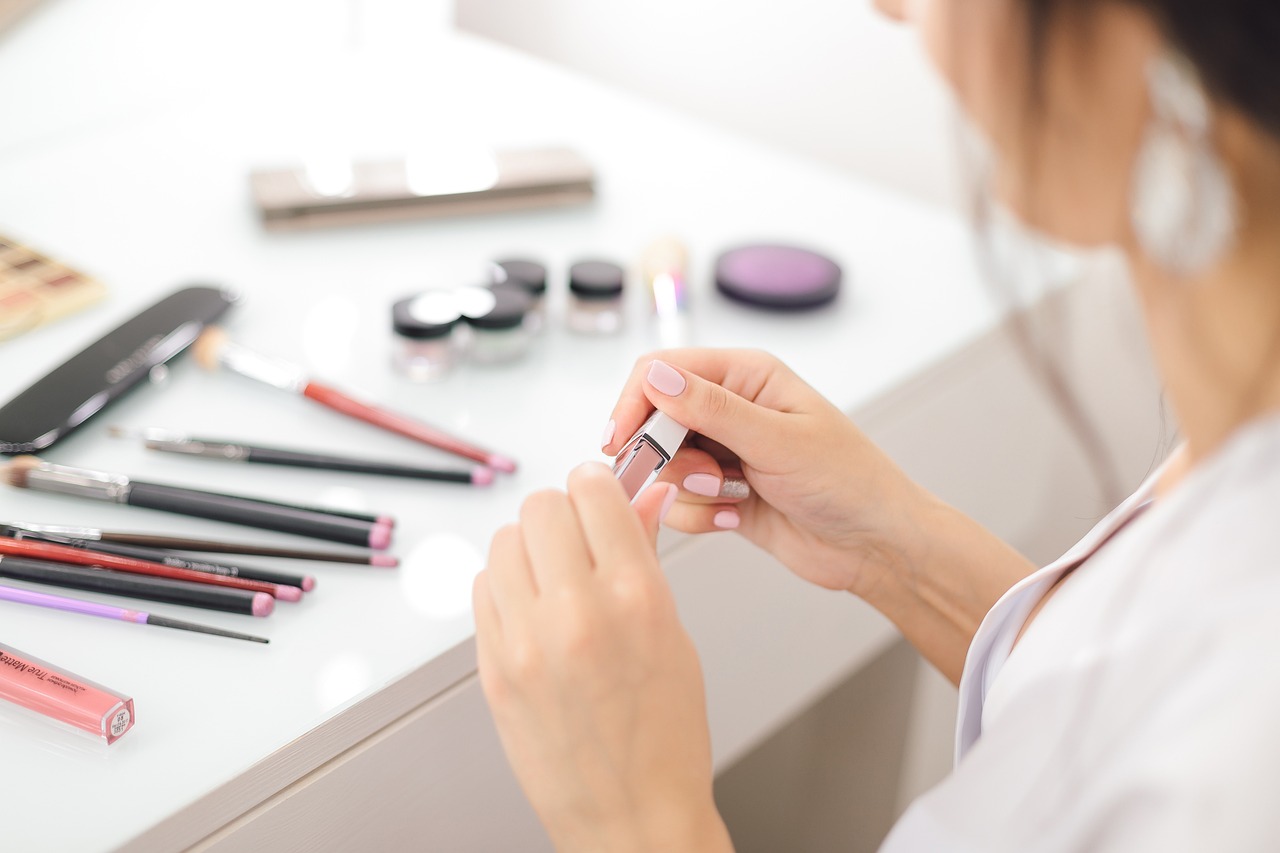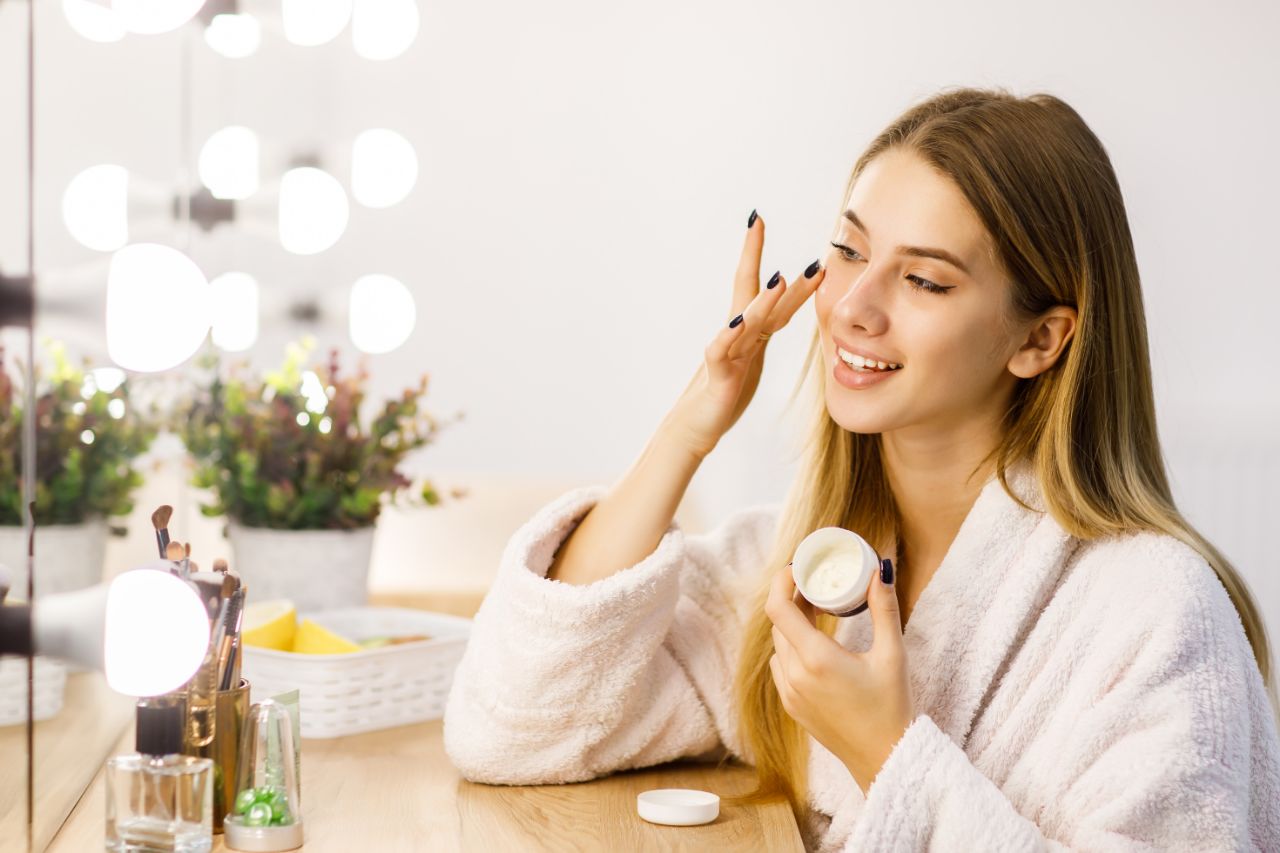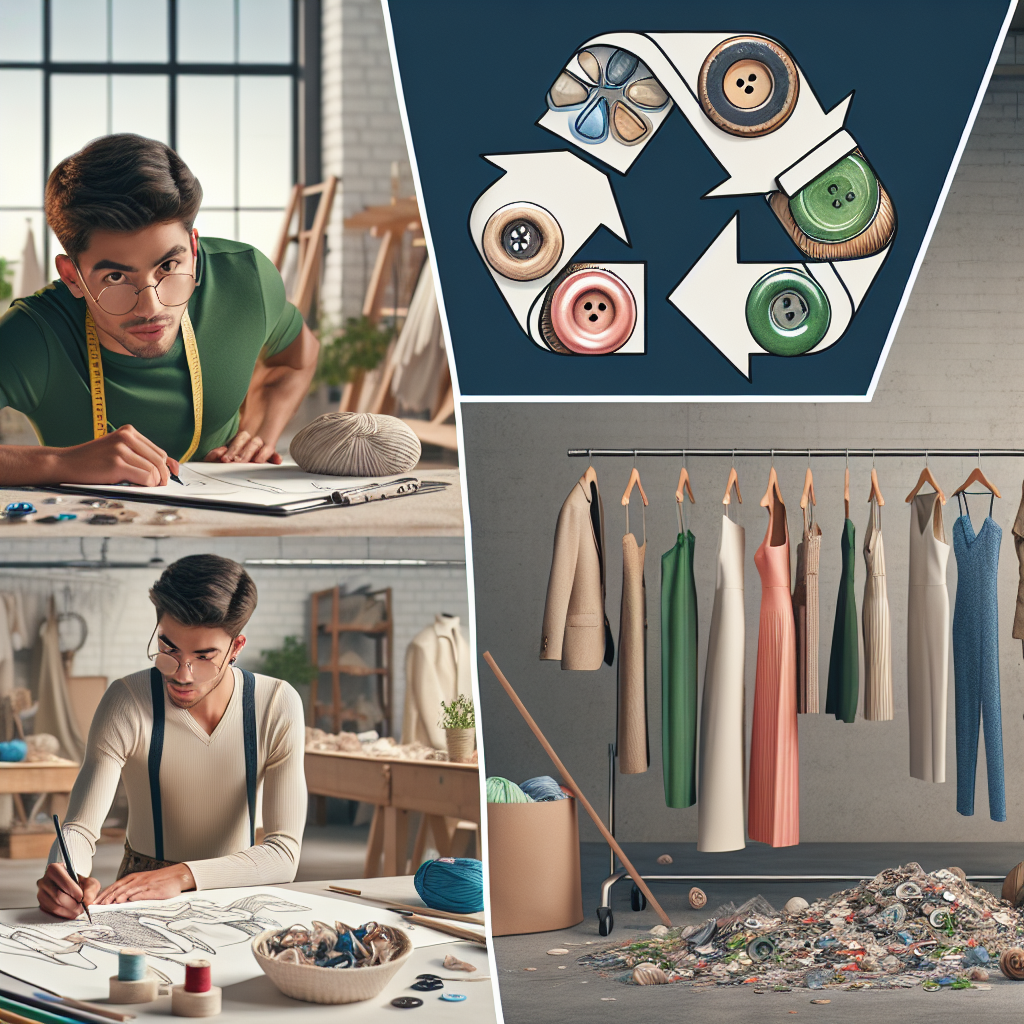Customization in Cosmetics: Tailored Beauty for 2024
In recent years, the beauty industry has undergone a profound transformation, driven by the growing consumer demand for more personalized or Customization in Cosmetics. The rise of “customizable beauty” has reshaped how brands develop and market cosmetics, offering individuals unique formulations that cater to their specific skin types, concerns, and preferences. This trend is largely powered by technological advancements such as AI-driven personalization and AR beauty tools, which provide consumers with unprecedented levels of customization in cosmetics.
The increasing popularity of personalized skincare and makeup products can be attributed to a heightened focus on individuality. Consumers today are no longer satisfied with generic beauty solutions; instead, they seek tailored products that align with their unique needs and lifestyle. For instance, AI technology now enables brands to offer hyper-personalized skincare solutions by analyzing data such as skin conditions, environmental factors, and personal preferences. This approach not only enhances product efficacy but also fosters a deeper connection between brands and their customers, leading to greater satisfaction and loyalty.
The integration of augmented reality (AR) beauty tools has further accelerated this trend. AR-powered virtual try-ons allow customers to test products like foundation or lipstick virtually, helping them find the perfect match before making a purchase. This technology is bridging the gap between online and in-store shopping experiences, making the selection process more interactive and enjoyable.
The Rise of Customization in the Cosmetics Industry
The cosmetics industry has experienced a remarkable shift towards personalization, driven by a consumer desire for products that cater to individual needs and preferences. In 2024, advances in technology, such as AI and AR beauty tools, have made it possible for brands to offer highly customized beauty experiences.
One of the primary factors behind this trend is the move away from generic, one-size-fits-all products. Consumers now expect skincare and makeup solutions tailored to their specific skin types, concerns, and aesthetic preferences. This demand for unique formulations has led to innovations like personalized skincare routines, AI-powered skin tone matching, and custom-blended makeup products. For instance, many brands are using AI-driven skin analysis tools to assess unique conditions like dryness, sensitivity, and pigmentation, and then recommending personalized ingredients and formulations to meet these needs.
AR beauty tools have also revolutionized the shopping experience by allowing consumers to virtually try on makeup products. This immersive technology helps customers see how different shades and products suit their skin tone before making a purchase, increasing confidence in their choices and reducing product returns. As a result, AR has become an essential tool in offering “customizable beauty” solutions and enhancing consumer engagement.
Data analytics play a critical role in this personalization boom. By leveraging consumer data and feedback, brands can create more effective, tailor-made solutions and anticipate future trends. This transformation is making the cosmetics industry more consumer-centric, allowing brands to build stronger, more personalized relationships with their audience while responding rapidly to their evolving needs.
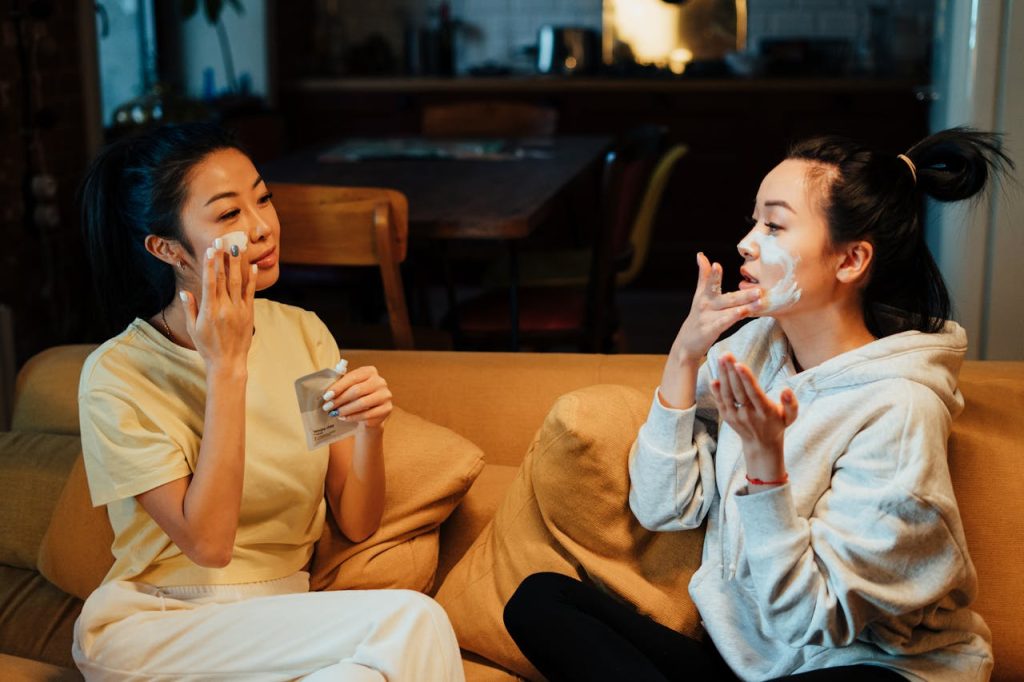
Popular Types of Customized Cosmetic Products
The trend of customizable beauty has gained significant momentum in 2024, reshaping various cosmetic categories such as skincare, makeup, and fragrances. Here’s a closer look at the impact of personalization in these key areas:
1. Skincare: Personalized Formulations Based on Individual Needs Personalized skincare products are designed to address unique skin concerns, making them more effective and tailored to individual lifestyles. Many brands are using advanced technology, such as AI-powered skin analysis tools, to create custom formulations based on factors like skin type, sensitivity, and environmental conditions. Brands like Drunk Elephant and Cetaphil are known for their highly specific products that cater to various skin types and concerns. Drunk Elephant’s Bora Barrier Repair Cream, for instance, is formulated for reactive skin, providing a soothing effect for those with sensitive or compromised skin barriers. This focus on personalized skincare has led to a surge in consumer interest for targeted treatments that go beyond generic solutions.
2. Makeup: Tailored Shades and Formulations Customized makeup options, particularly in foundation, concealers, and lipsticks, allow users to find their perfect match. AI tools help match shades accurately to various skin tones and undertones, ensuring that makeup products look natural and blend seamlessly. Brands like Fenty Beauty and Lancôme have set benchmarks in this space, offering extensive shade ranges and personalized product recommendations through virtual try-on features. These innovations make it easier for customers to find makeup that suits their specific skin tones and preferences.
3. Fragrances: Personalized Scent Combinations The fragrance industry is also embracing customization by offering bespoke scent combinations that reflect individual preferences. As consumer demand for transparency and sustainability grows, brands are focusing on clean ingredients and upcycled materials. For instance, Eurofragrance is utilizing biotechnology to develop innovative scent profiles that cater to modern preferences for sustainability and health-conscious choices. Nostalgia and “feel-good” fragrances are becoming increasingly popular as consumers look for personalized scents that evoke comfort and familiarity.
These advancements in personalized skincare, makeup, and fragrances are transforming the beauty industry, offering consumers products that are more aligned with their unique needs and preferences.
Technology Meets Beauty: Tools Enabling Customization
Technological advancements are revolutionizing the beauty industry, making it possible for consumers to experience more personalized skincare and makeup options than ever before. In 2024, key technologies such as AI, AR beauty tools, and DNA testing are shaping the future of customizable beauty.
Artificial Intelligence (AI) and machine learning play a critical role in offering personalized skincare solutions. AI-powered skin analysis tools, like those used by many leading brands, can assess individual skin concerns such as dryness, acne, or pigmentation. These tools provide consumers with product recommendations that are highly specific to their needs, enhancing the efficacy of the skincare products they use. This capability extends to makeup as well, where AI can perform real-time shade matching based on skin tones and undertones, helping consumers find products that perfectly match their complexion.
Additionally, DNA testing and beauty quizzes are emerging as methods to provide even deeper customization. By analyzing genetic data and personal preferences, brands can create products tailored to specific skin concerns, sensitivities, and even potential future issues. This hyper-personalized approach has been especially effective in creating skincare products that respond to environmental factors and lifestyle choices.
AR beauty tools are transforming how consumers try and select products. These tools enable virtual try-ons for makeup products like foundation or lipstick, allowing customers to see how different shades and textures appear on their skin before purchasing. This technology has significantly reduced the uncertainty in online shopping and minimized product returns, making it a sustainable and consumer-friendly innovation.
Benefits of Customization for Consumers and Brands
Customization in the cosmetics industry offers numerous benefits for both consumers and brands, making it a significant trend for 2024.
For Consumers: The primary advantage for consumers is the enhanced efficacy of products. Customizable beauty solutions, such as personalized skincare and makeup formulations, are designed to target unique skin concerns like dryness, acne, or pigmentation, making them more effective compared to generic options. By tailoring ingredients and formulations to individual needs, consumers experience better results and higher satisfaction levels. Additionally, these products can cater to specific sensitivities or allergies, reducing the risk of adverse reactions and providing peace of mind.
Consumers also enjoy an overall improved beauty experience through interactive technologies such as AR beauty tools and AI-powered recommendations. Virtual try-on tools enable users to test products like foundations or lipsticks digitally, ensuring they select the best shade and product for their skin type, which ultimately elevates the shopping experience.
For Brands: For beauty brands, the move towards customizable beauty solutions provides an opportunity to build stronger customer loyalty. When consumers feel that products are tailored to their needs, they are more likely to remain loyal to the brand and recommend it to others. This results in higher customer retention and increased engagement.
Moreover, customization opens up new avenues for product innovation and development. Brands can leverage consumer data and feedback to refine their offerings and introduce new, targeted solutions that meet evolving consumer demands. This approach not only strengthens the brand’s position in the market but also differentiates it from competitors, allowing it to capture a larger share of the market in an increasingly competitive industry.
Challenges and Considerations in Implementing Customization
Implementing customization in the cosmetics industry presents several challenges that can complicate the process for brands, despite its many benefits.
High Production and R&D Costs: Creating customizable beauty products requires significant investment in research and development. Brands must invest in advanced technologies such as AI-powered tools and customized production lines, which can drive up both production and operational costs. Additionally, frequent updates and modifications are necessary to keep up with evolving trends, leading to high expenditure on product innovation and ingredient sourcing.
Managing Supply Chain Complexities: The supply chain for personalized skincare and makeup products is more complex compared to traditional cosmetics. Managing smaller batch sizes, rapid product turnover, and seasonal fluctuations can lead to inefficiencies and logistical issues. Brands need to implement precise demand forecasting and agile supply chain strategies to avoid excess stock or shortages during high-demand periods.
Data Privacy Concerns: To offer customized beauty solutions, brands must collect and process sensitive customer data, such as skin type, preferences, and even genetic information. Ensuring the security and privacy of this data is paramount, as any breach can lead to a loss of consumer trust and potential legal repercussions. Brands must comply with strict data protection regulations like GDPR and maintain transparency about data usage.
Sustainability and Ethical Considerations: Consumers are increasingly concerned about the sustainability and ethical implications of their beauty products. Brands must consider the environmental impact of producing customized items, such as increased waste from personalized packaging and the sourcing of rare ingredients. Sustainable practices, including eco-friendly formulations and packaging, are essential to align with consumer expectations while maintaining brand reputation.
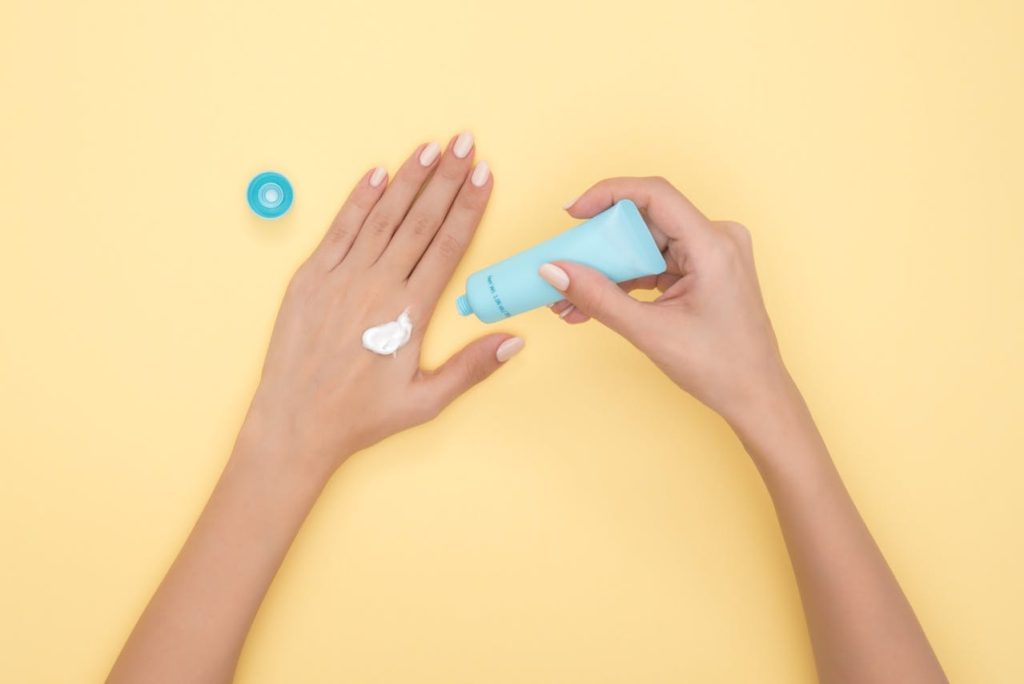
The Future of Tailored Beauty: What to Expect in 2024 and Beyond
The future of customizable beauty is set to witness significant advancements as brands adopt cutting-edge technologies and respond to evolving consumer demands. In 2024 and beyond, hyper-personalized recommendations, direct-to-consumer production, and a strong focus on sustainability and inclusivity will drive the industry forward.
Hyper-personalization is expected to become the norm in cosmetics, enabling brands to offer products that are precisely tailored to individual skin types, tones, and conditions. With the help of AI and machine learning, companies are enhancing their ability to analyze consumer data and provide personalized skincare and makeup solutions. Tools like virtual try-ons and AI-powered beauty assistants will continue to grow, providing real-time recommendations and improving the overall shopping experience. This trend is already being embraced by major brands using AI to develop personalized formulations and virtual try-ons for consumers.
Sustainability is also set to play a crucial role in the evolution of personalized beauty. Consumers are becoming increasingly aware of the environmental impact of their purchases and are seeking eco-friendly products and practices. Brands are responding by adopting sustainable packaging, using biodegradable materials, and integrating AI to optimize production processes and reduce waste. This shift is reshaping the industry, making sustainability a key pillar in product development.
Inclusivity will remain a core focus as well, with brands expanding their product lines to cater to a diverse range of skin tones, hair types, and cultural beauty practices. The push towards a more inclusive beauty landscape will not only celebrate diversity but also drive innovation in product offerings.
Conclusion
Customization in cosmetics offers enhanced product effectiveness, solutions for unique skin concerns, and a better overall beauty experience. As the trend gains traction, consumers are encouraged to explore personalized beauty options tailored to their needs. This movement is set to redefine the future of beauty for the American market, fostering stronger connections between brands and consumers.
